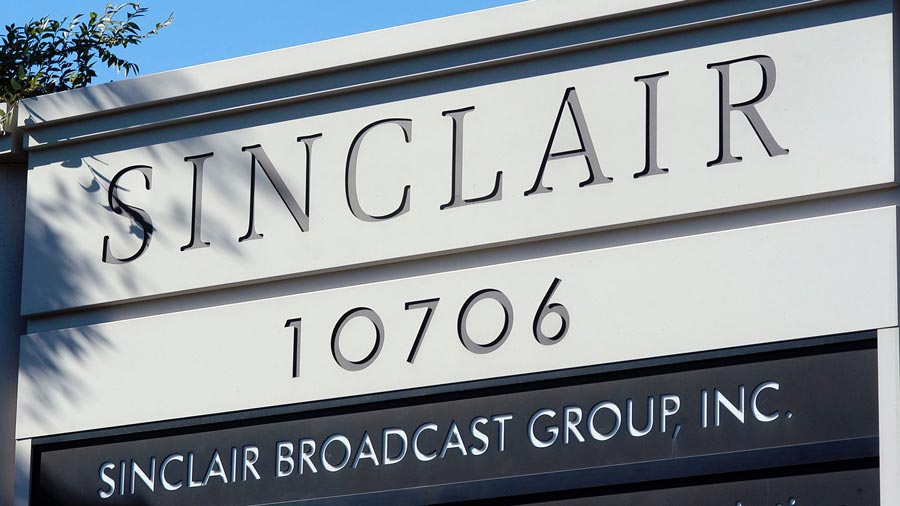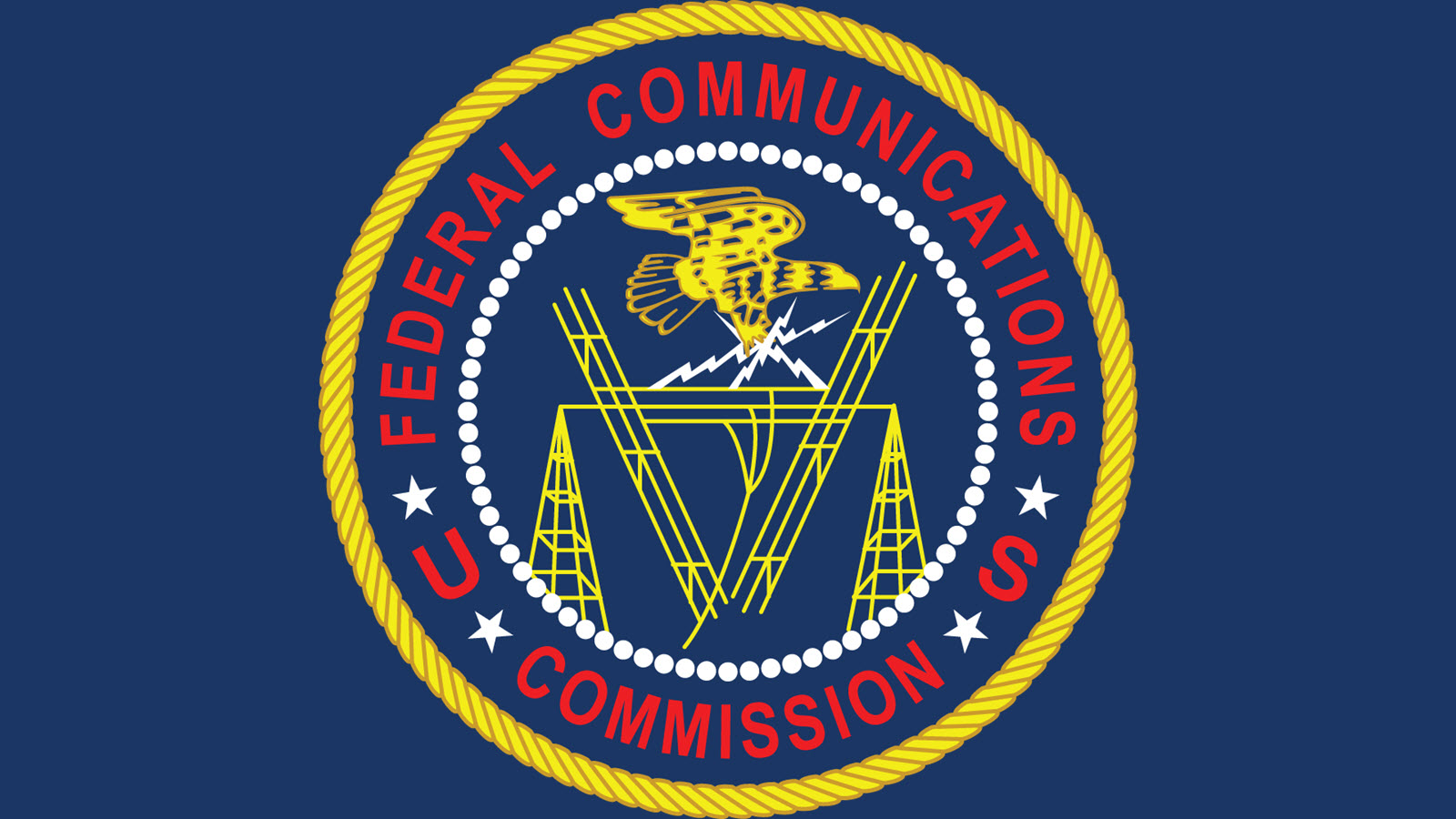Enforcement Bureau OK With Ending Sinclair-Tribune Hearing

The smarter way to stay on top of broadcasting and cable industry. Sign up below
You are now subscribed
Your newsletter sign-up was successful

The FCC's Enforcement Bureau says it has no issue with the FCC's administrative law judge (ALJ) terminating a hearing into Sinclair's representations about the now-imploded Tribune deal, though that apparently has not happened yet.
The FCC docket was still open. An FCC spokesperson deferred questions about the status of the hearing to the ALJ's office, but there was no one available to comment at press time.
FCC chair Ajit Pai had recommended referring the deal to ALJ Richard Sippel, citing allegations that Sinclair had been less than candid in its representations--Sinclair flatly denied any of it--and that some TV station spin-offs could still leave it in effective control of some of those stations. Sinclair said the relationships between it and any potential buyers had been fully disclosed.
Pai had said in announcing his hearing proposal that it stemmed from allegations by various deal critics that Sinclair was trying to skirt FCC rules and that there were serious questions about whether the company had been truthful with the commission, with the hearing order using language like "misrepresentation" and "lack of candor."
Pai's recommendation, which was unanimously approved by the other commissioners, led to the deal's cratering last week and Tribune's lawsuit claiming Sinclair had botched the deal in D.C.
Related: Trump Thumps FCC for Not Approving Sinclair-Tribune Deal
Sinclair had last week told the FCC it was withdrawing the deal and asked it to end the planned ALJ hearing, though the FCC suggested that Sinclair needed to make that request of the ALJ.
The smarter way to stay on top of broadcasting and cable industry. Sign up below
An FCC spokesperson confirmed the decision to cancel the hearing would have to come from the ALJ, something the Enforcement Bureau pointed out in saying it had no problem if the hearing were terminated. "Although Sinclair's pleading states that the applications "have been withdrawn" and are to be dismissed with prejudice, it fails to specifically seek such relief from the Chief Administrative Law Judge," since the licenses are now
before him, rather than the FCC staffers who had been vetting them before the hearing designation.
The bureau suggested that was a technicality and it know what Sinclair was trying to do (which was withdraw the applications from whomever they were in front of at the FCC). It responded accordingly.
"[B]ecause the merger agreement between Sinclair and Tribune has been terminated; Sinclair wishes to dismiss the designated applications with prejudice; and neither applicant will seek to re-file those applications, the Bureau does not oppose dismissal of the designated applications with prejudice and concurrent termination of the hearing proceeding," the bureau told the judge.
The chairman could still charge the bureau with independently investigating the allegations that led to the hearing designation, but given that the bureau has signaled it is okay with closing the proceeding without that hearing determination, that would seem an unusual move.
But activist groups opposed to the deal but also to Sinclair's size and power and conservative bent generally, can still raise those allegations if they choose to challenge Sinclair's existing licenses at renewal time. Lack of candor or misleading the commission is conduct unbecoming a licensee though it does not necessarily mean the FCC would pull a license even if that were established.
"We’re not done with Sinclair," said Carli Stevenson of Demand Progress when asked if Sinclair licenses could be challenged. "The FCC asked a judge to determine whether Sinclair “engaged in misrepresentation” when it presented its plans to buy new TV stations. It’s totally unacceptable for Sinclair to lie and deceive the public, and they should not be off the hook just because they conceded to public pressure and abandoned the merger. The FCC should continue to use every tool at its disposal to hold Sinclair accountable for its actions and uphold the public trust."
Contributing editor John Eggerton has been an editor and/or writer on media regulation, legislation and policy for over four decades, including covering the FCC, FTC, Congress, the major media trade associations, and the federal courts. In addition to Multichannel News and Broadcasting + Cable, his work has appeared in Radio World, TV Technology, TV Fax, This Week in Consumer Electronics, Variety and the Encyclopedia Britannica.

